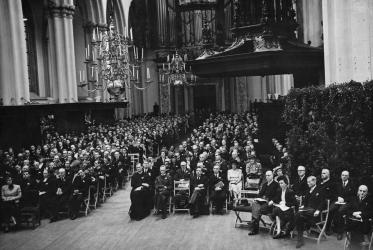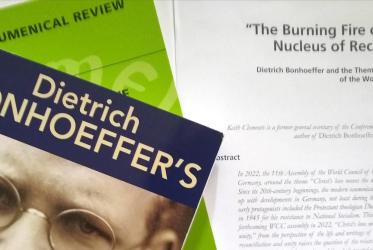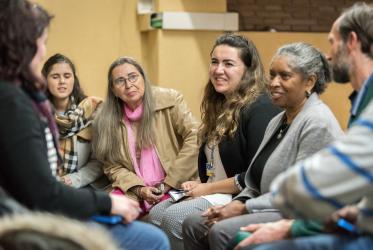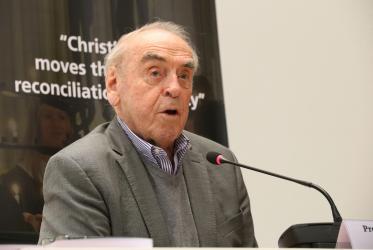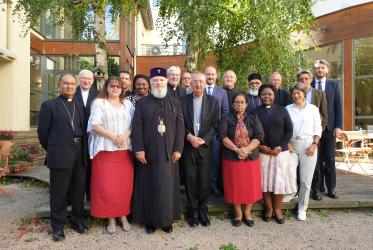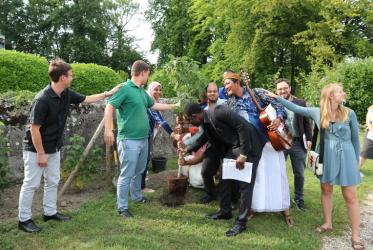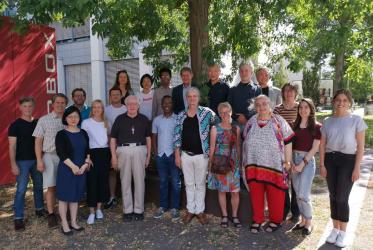Displaying 1 - 20 of 51
WCC Eco-School begins in Crete
15 November 2023
Uppsala 1968: The times, they were a’changing
06 September 2022
Moltmann reflects on spirit of truth in a post-truth era
02 December 2019
WCC well-represented in Religions for Peace leadership
07 October 2019
Bossey students explore the meaning of “belonging”
22 July 2019
Launch of the Arusha Report package
20 May 2019





